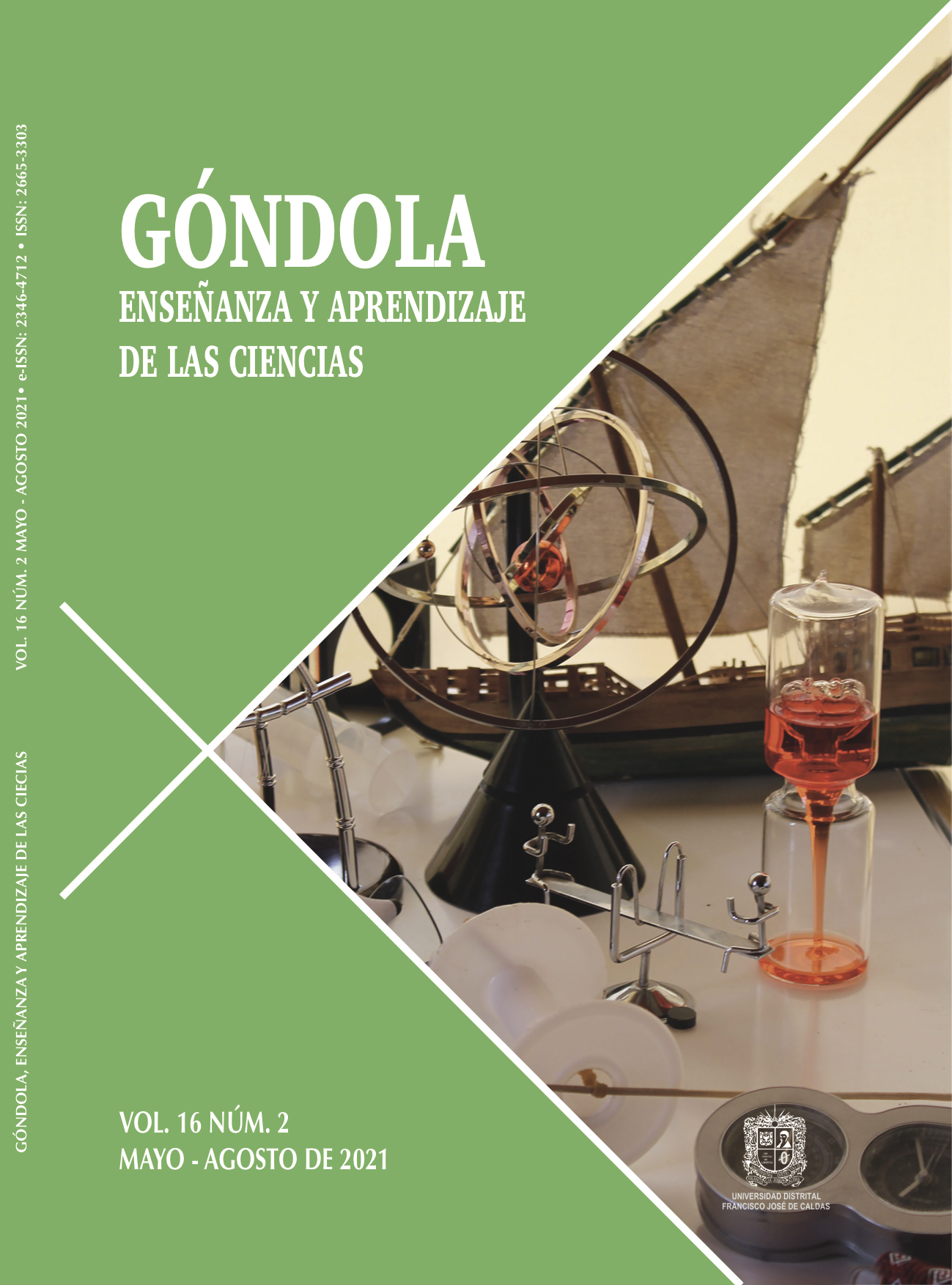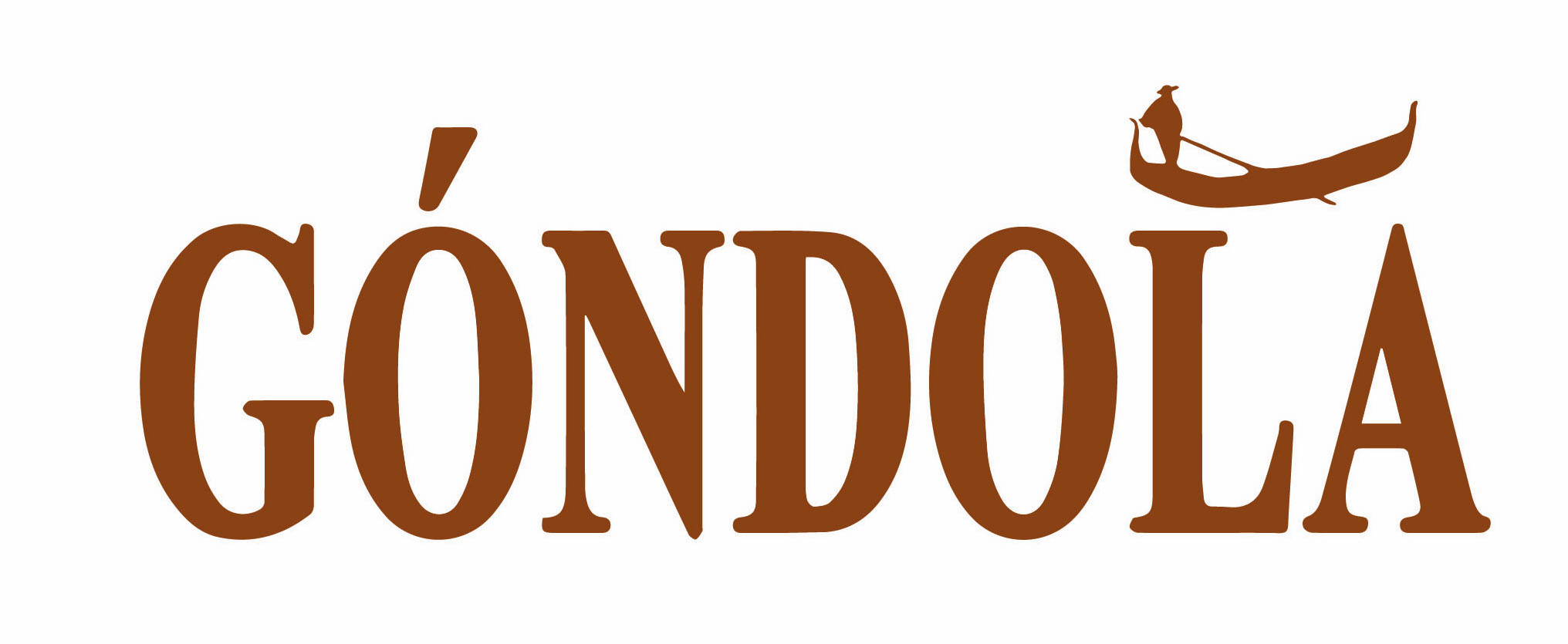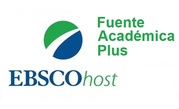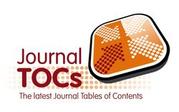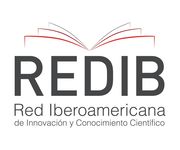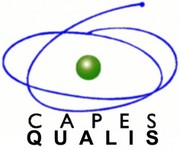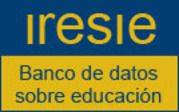Published:
2021-05-13Issue:
Vol. 16 No. 2 (2021): Mayo-AgostoSection:
BOOK REVIEWSLa enseñanza como puente de la vida
Teaching as bridge of Life
O ensino como ponte da vida
Downloads
Abstract (es)
En La enseñanza como puente de la vida de Estela Quintar se reconoce como idea central “la Pérdida del sentido de lo que se hace y por qué se hace” (Quintar, 2009, p 37). Para la autora, se debe reflexionar a América Latina, desde lógicas epistémico-didácticas “que nos lleven a comprender con mayor claridad la función sustantiva de las lógicas de razonamiento en la construcción de conocimiento y, por ende, las creencias, mitos y ritos que desde la modernidad siguen parametrizando formas de comprender y de ver la realidad” (Quintar, 2009, p 13); la historia deviene al sujeto, es decir somos producidos y productores de la historia. Es así como propone un “pensar compartido” desde la realidad histórica.
Abstract (en)
In Estela Quintar's Teaching as Bridge of Life, “Loss of the sense of what is done and why it is done” is recognized as the central idea (Quintar, 2009, p 37). For this author, we must reflect on Latin America, from epistemic-didactic logics “that lead us to understand more clearly the substantive function of reasoning logic in the construction of knowledge and, therefore, the beliefs, myths, and rites that from modernity continues to parameterize ways of understanding and seeing reality" (Quintar, 2009, p 13); history becomes the subject, that is, we are produced and producers of history. This is how she proposes a "shared thinking" from historical reality.
Abstract (pt)
No Ensino como ponte de vida de Estela Quintar “a perda do sentido do que se faz e porque se faz” é reconhecida como a ideia central (Quintar, 2009, p 37). Para a autora, devemos refletir sobre a América Latina, a partir de lógicas epistêmico-didáticas "que nos levem a compreender com maior claridade a função substantiva das lógicas de raciocínio na construção do conhecimento e, portanto, as crenças, mitos e ritos que desde a modernidade continuam a parametrizar as formas de compreender e ver a realidade ”(Quintar, 2009, p 13); a história torna-se sujeito, ou seja, somos produzidos e produtores de história. É assim que se propõe um "pensamento compartilhado" a partir da realidade histórica.
How to Cite
APA
ACM
ACS
ABNT
Chicago
Harvard
IEEE
MLA
Turabian
Vancouver
Download Citation
Visitas
Downloads
License
Copyright (c) 2021 Autor y Góndola. Enseñanza y Aprendizaje de las Ciencias

This work is licensed under a Creative Commons Attribution-NonCommercial-NoDerivatives 4.0 International License.
Gondola, Ens Aprend Cienc. is an open-access publication, free of charge for authors and readers. The publication, consultation or download of the contents of the magazine does not generate any cost for the authors or the readers, since the Francisco José de Caldas District University assumes the expenses related to edition, management and publication. The peer evaluators do not receive any economic retribution for their valuable contribution. The work of all the actors mentioned above is understood as a contribution to the strengthening and growth of the research community in the field of Science Education.
As of December 1, 2018 the contents of the journal are published under the terms of the Creative Commons License Attribution-Noncommercial- ShareAlike 4.0 International (CC-BY-NC-SA 4.0), under which others may distribute, remix, retouch, and create from the work in a non-commercial way, give credit and license their new creations under the same conditions.
The copyright holders are the authors and the journal Gondola, Ens Aprend Cienc. The holders retain all rights without restrictions, respecting the terms of the license in terms of consultation, downloading and distribution of the material.
When the work or any of its elements is in the public domain according to the applicable law in force, this situation will not be affected by the license.
Likewise, we encourage authors to deposit their contributions in other institutional and thematic repositories, with the certainty that culture and knowledge is a good of all and for all.

